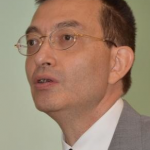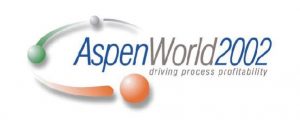

After briefly describing ATOFINA as well as its parent company TOTALFINAELF, including a note on the many different processes, the world-wide operations and a much-spread process engineering organization of the TOTALFINAELF group, Michel PONS mentions that each branch of the TOTALFINAELF group uses a different set of process simulators. Since crossovers in terms of studies happen more and more often between branches, this calls for interoperability between simulation software and CAPE-OPEN brings it to TOTALFINAELF. Michel PONS describes the CAPE-OPEN initiative from its starting point till 2002, together with listing the parties involved in the different phases. Then the scope of CAPE-OPEN is given through a short description of the CAPE-OPEN standard architecture.
The specific advantage brought by CAPE-OPEN to ATOFINA are with thermodynamics and unit operations, while physical property data banks are also expected to play an important role. Michel PONS mentions that CAPE-OPEN has become part of the purchasing policy at TOTALFINAELF, giving an example in the upstream branch with a metering tool. He then goes on by stating what TOTALFINAELF expects from software vendors in terms of CAPE-OPEN implementation.
TOTALFINAELF wants CAPE-OPEN to remain the interoperability standard for process simulation, notwithstanding the recent challenge made against CAPE-OPEN. Performance issues are first of all implementation issues and CAPE-OPEN has already achieved commercial status. CAPE-OPEN brings benefits to end-users, software vendors and academics.
